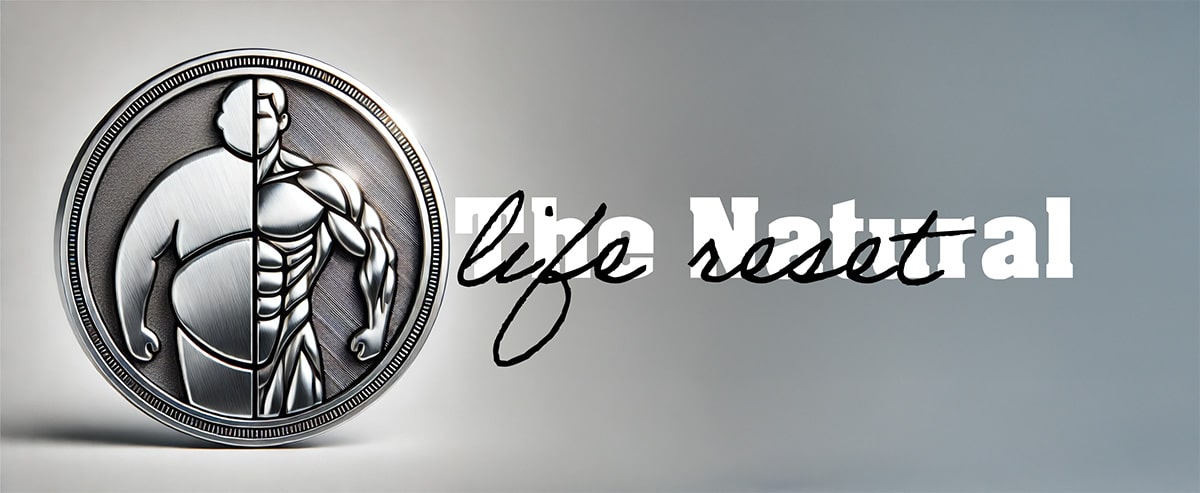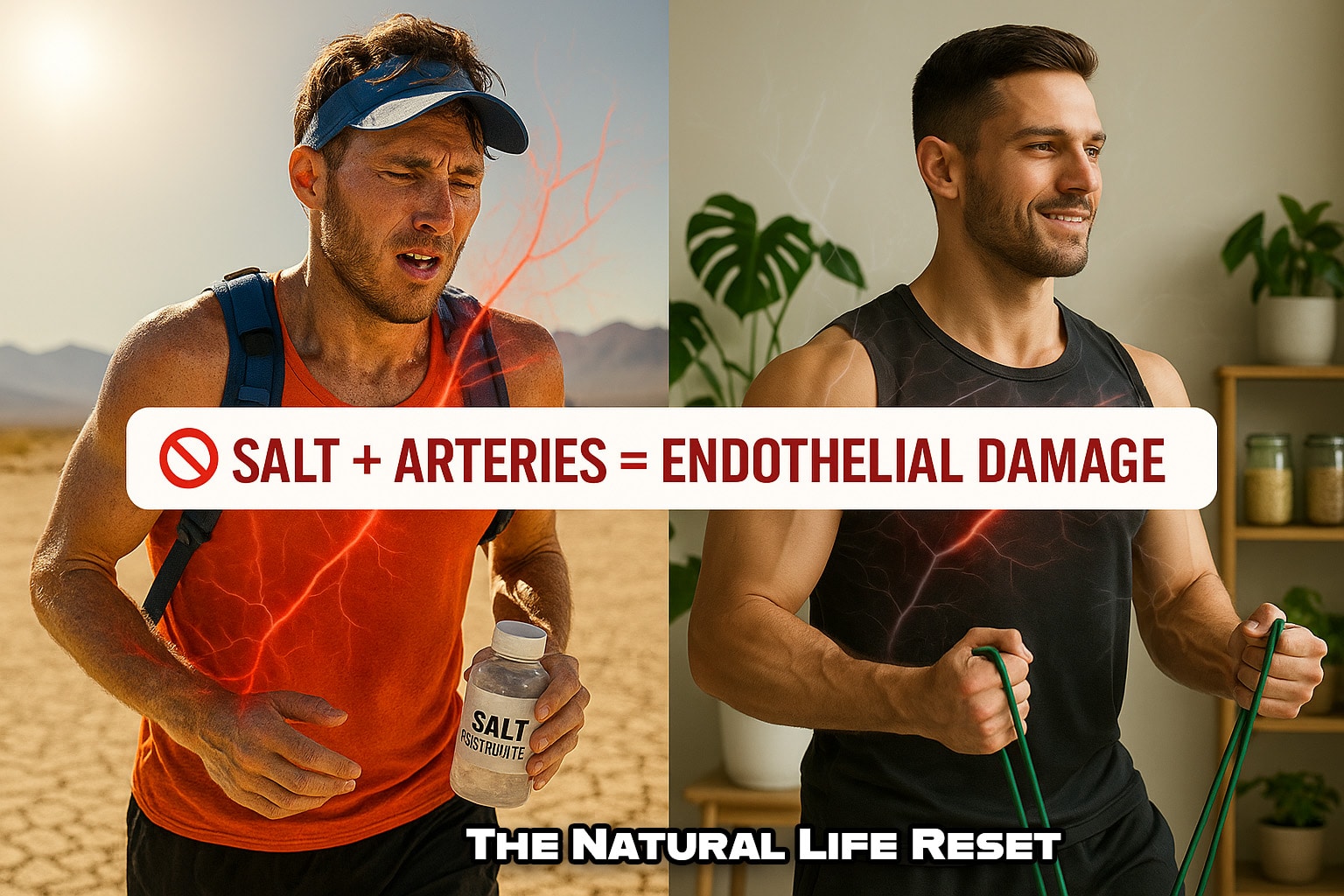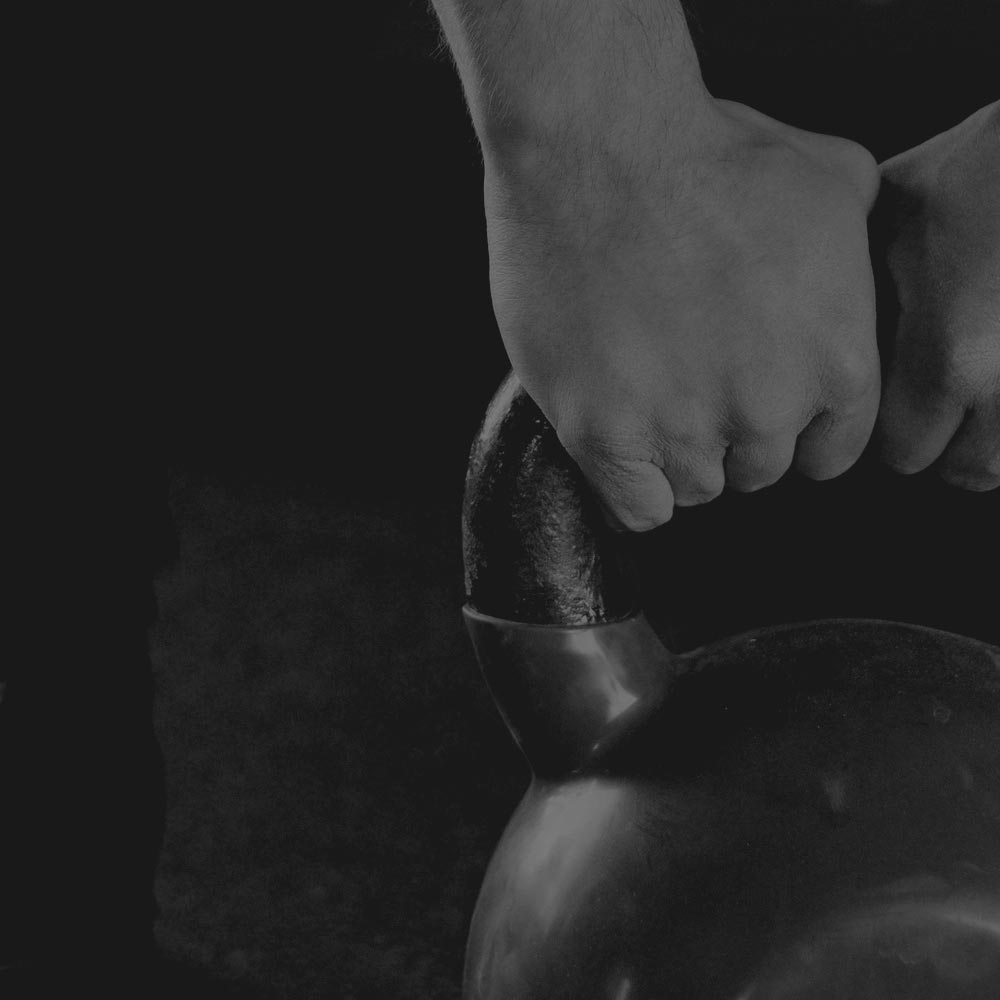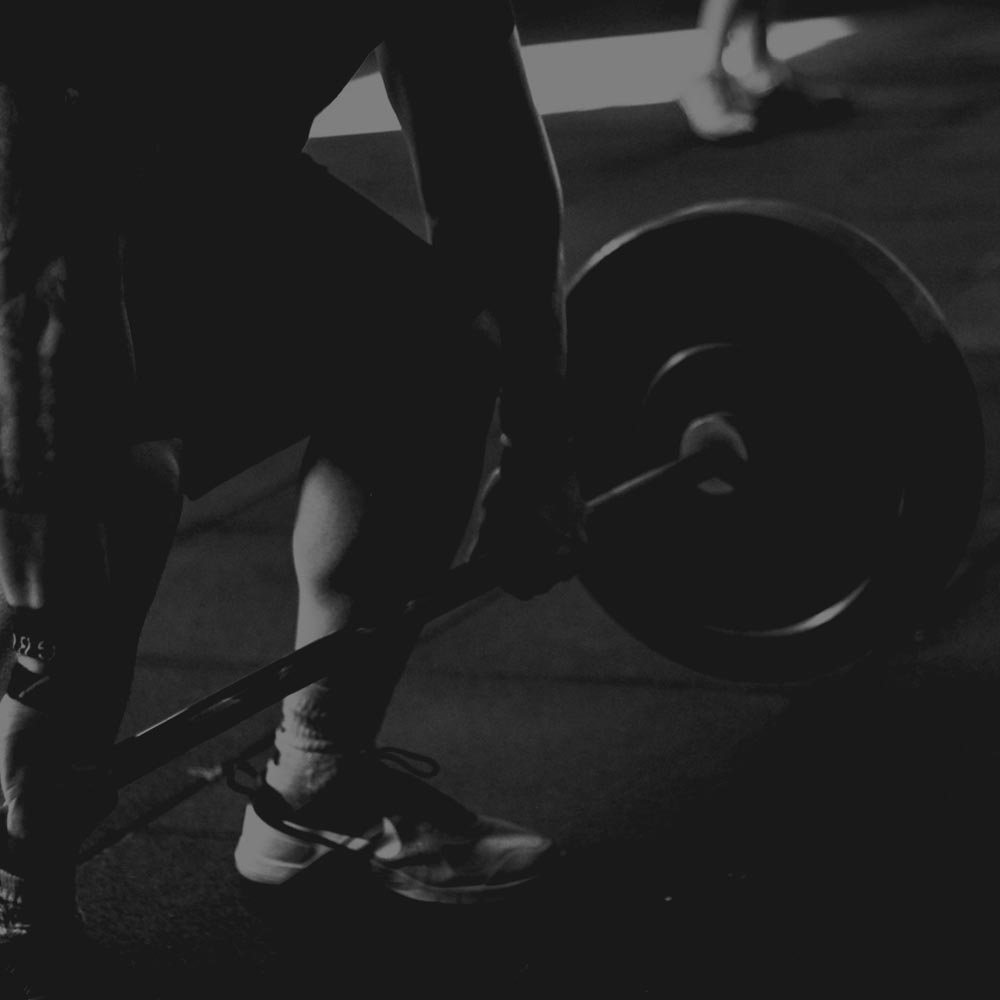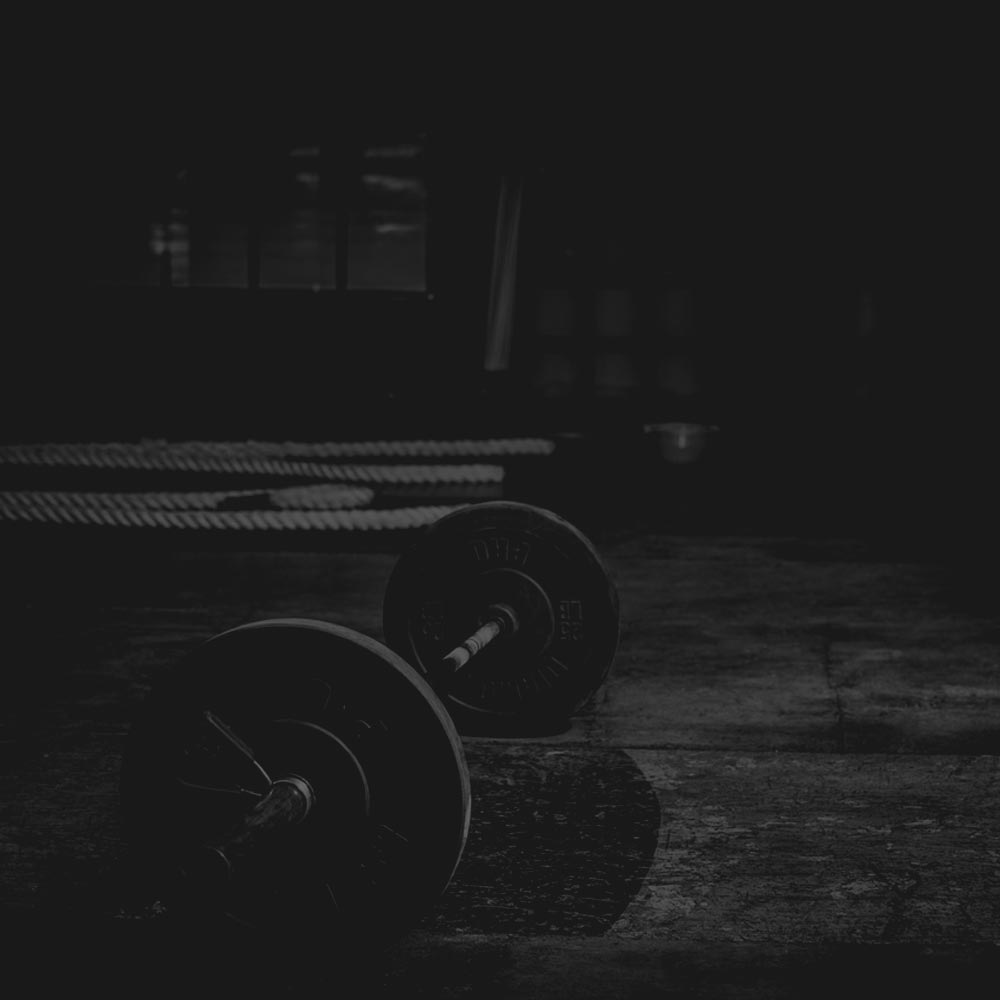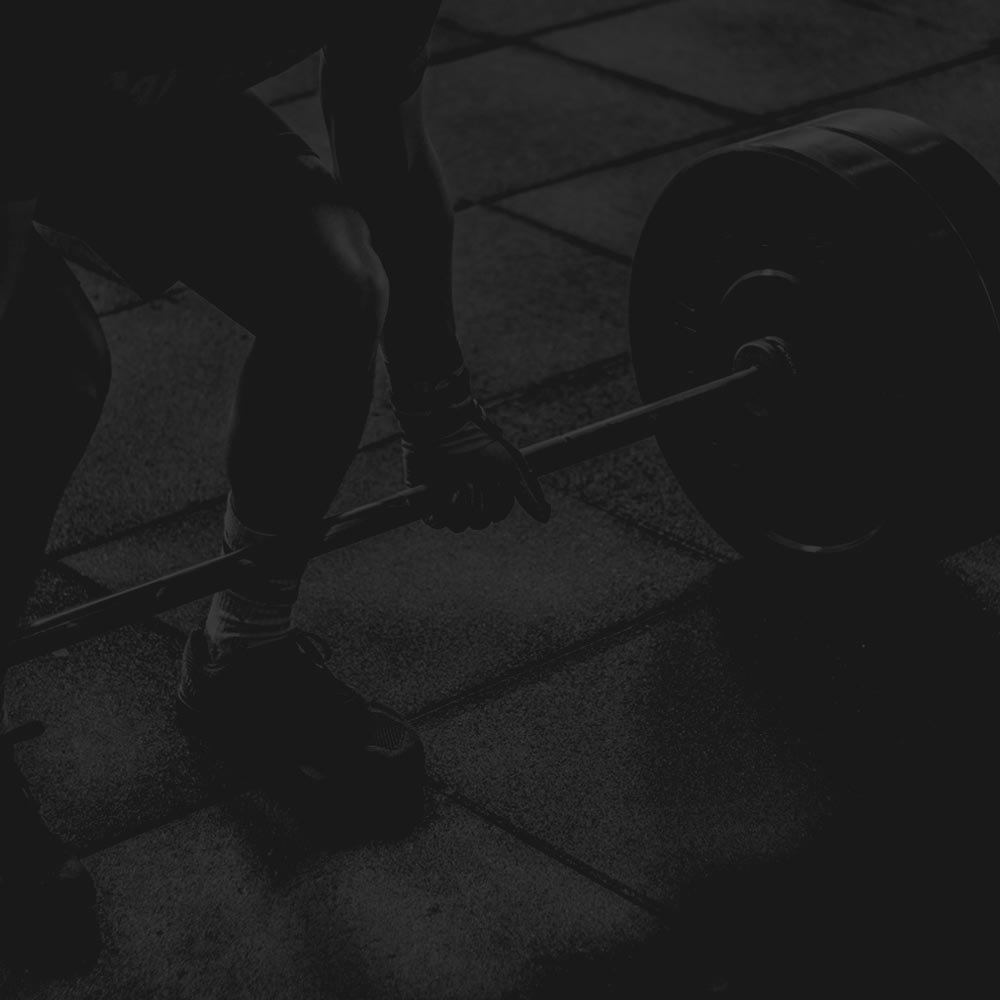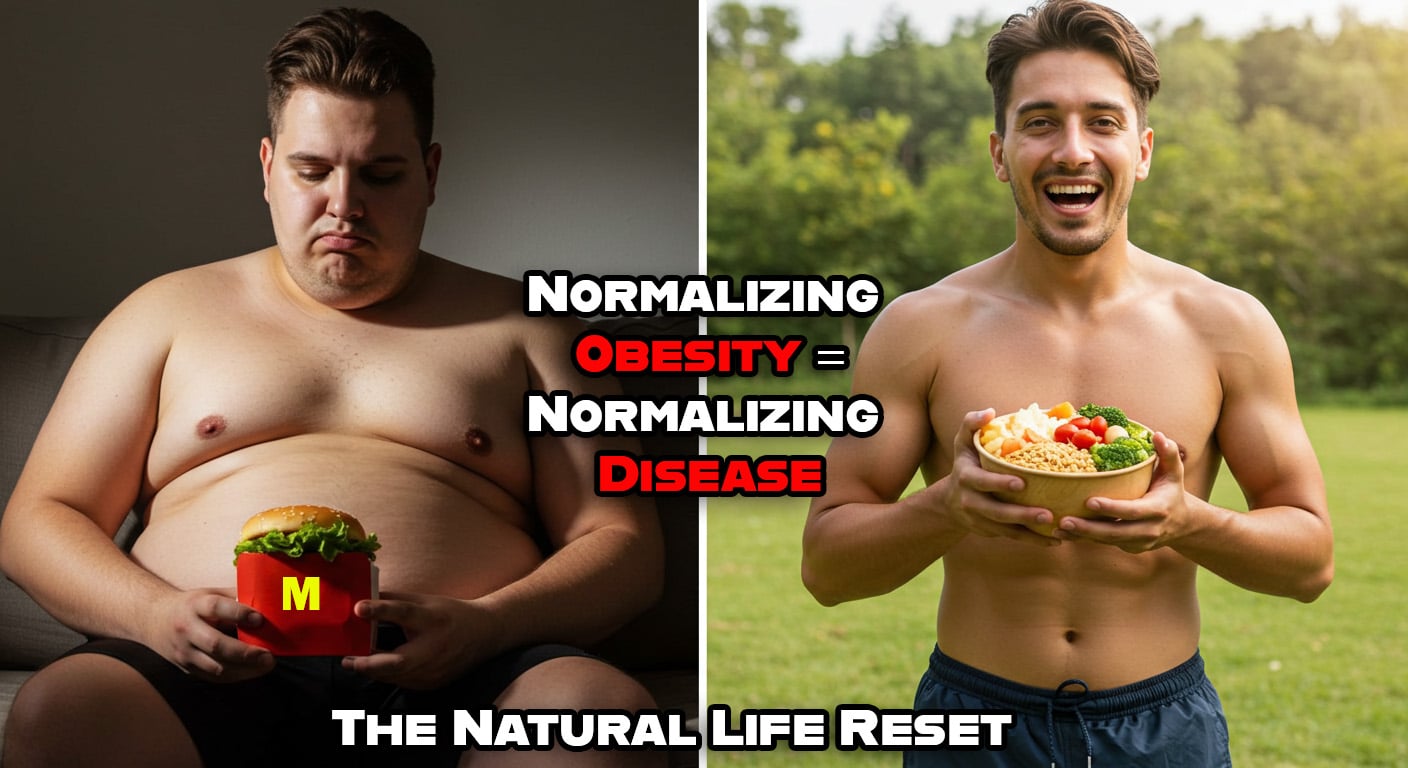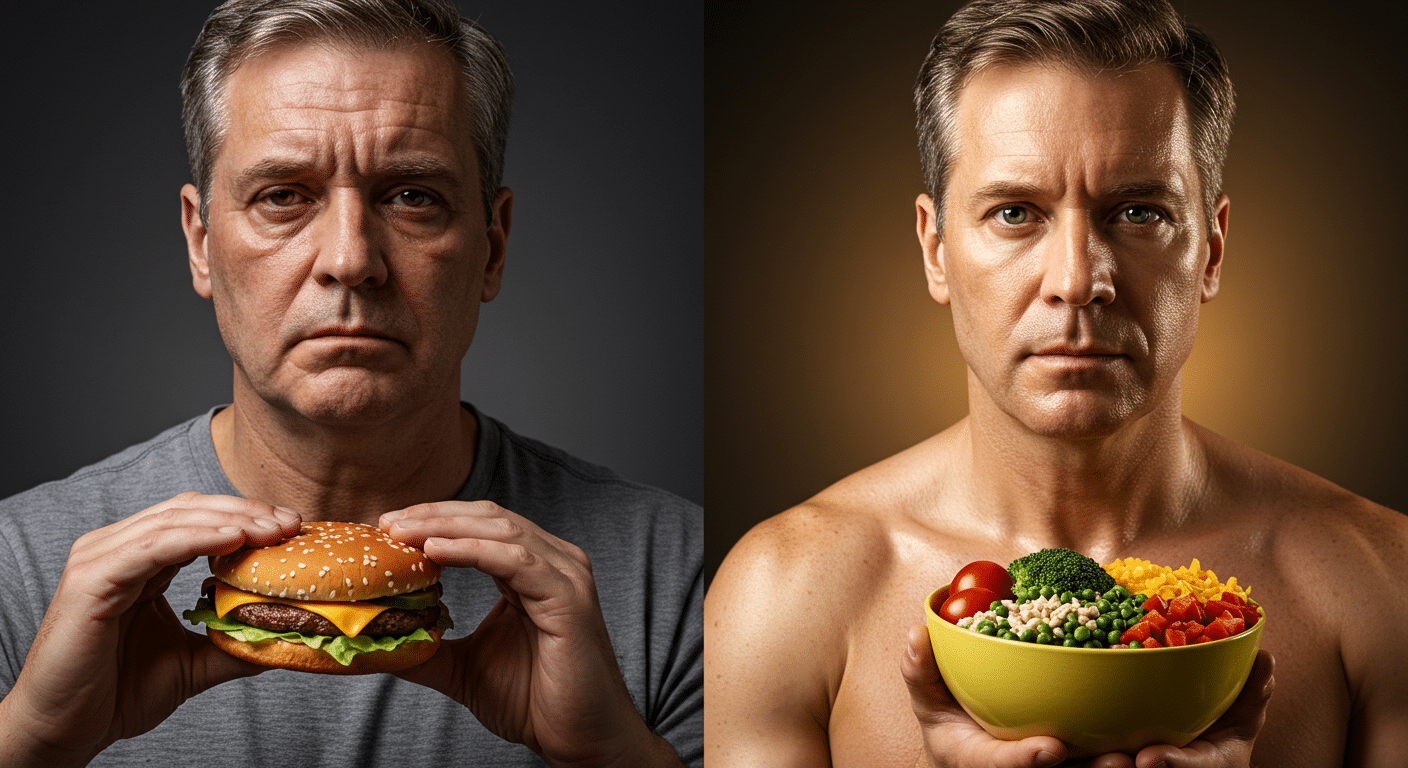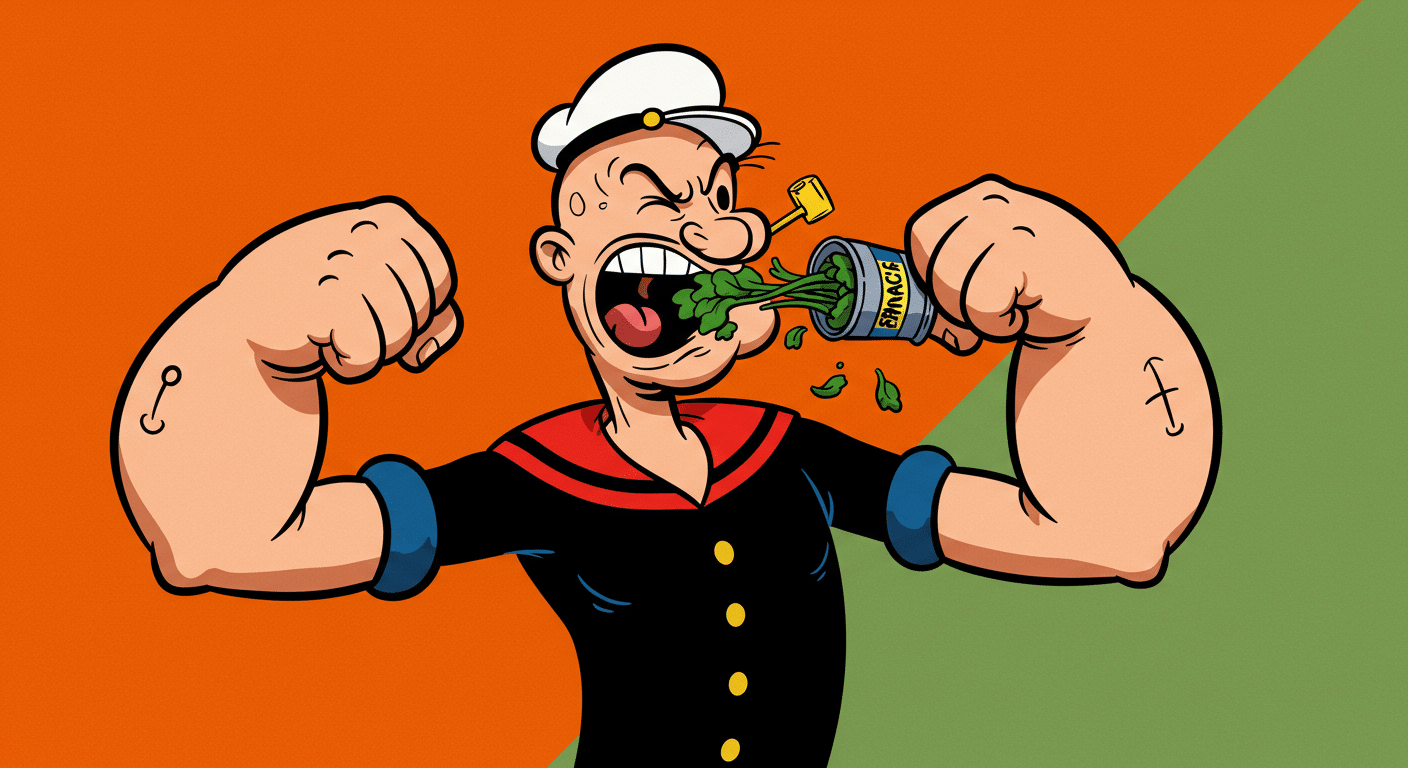Why Even Athletes on a Plant-Based Diet
Many vegans and plant-based eaters have made the smart decision to ditch meat and dairy—but some still cling to salt as a “necessary evil,” especially athletes. You’ll hear claims like:
“I’m a runner—I need salt to replace what I sweat out.”
But here’s the reality: even if you’re an ultra-endurance athlete, added salt still damages your arteries. And for the average person who isn’t running 30 miles in desert heat? You don’t need added salt at all.
Let’s break it down—with science, not opinion.
What Happens When You Eat Salt—Athlete or Not
🧠 Most people still don’t realize that salt is more than a flavor enhancer—it’s a vascular toxin.
⚠️ Salt Damages the Endothelium
Your endothelium—the delicate lining of your blood vessels—is critical for heart health. Added salt has been shown to impair endothelial function, even in young, healthy individuals.
Study: “High salt intake impairs endothelium-dependent dilation in normotensive humans” – Journal of Hypertension, 2001
This means less nitric oxide production, worse blood flow, and long-term cardiovascular harm—even without elevated blood pressure.
⚠️ Salt Raises Blood Pressure—Silently
Even without symptoms, salt elevates blood pressure, increasing risk of:
-
Heart attack
-
Stroke
-
Kidney damage
-
Cognitive decline
Dr. Michael Greger summarizes this clearly:
“If you take people off salt, their blood pressure drops. If you reintroduce salt, it goes back up—even in athletes.”
— Dr. Michael Greger, NutritionFacts.org
What About Athletes Who Sweat a Lot?
It’s true that endurance athletes lose sodium in sweat, and in extreme situations (e.g. marathon in high heat), this may need to be replenished temporarily.
But here’s the kicker:
Sodium needs do not justify daily salt abuse.
You can replace electrolytes with whole plant foods like celery, chard, and even unsalted veggie broths—or use emergency electrolyte powders without making salt a daily habit.
And according to Dr. Caldwell Esselstyn, the legendary heart disease reversal pioneer:
“Salt injures the endothelial lining of your arteries. For anyone seeking to prevent or reverse heart disease, salt has no place—even if you’re active.”
The Body Adapts to Low-Sodium Diets
Athletes who go SOS-free (no salt, oil, or sugar) consistently report improved performance over time because:
✅ The kidneys become more efficient at sodium retention
✅ Taste buds reset, making whole food flavors pop
✅ Endothelial function improves, enhancing circulation
In the long run, these benefits outweigh any short-term cramp prevention from salt abuse.
Why I Don’t Run—And Still Stay Fit
I used to run. But I stopped for a reason.
I don’t want to chase endurance goals that force me to compromise my long-term health. Instead, I focus on resistance training to failure indoors—no salt, no sun, no excuses.
🏋️♂️ I work out with resistance bands.
💪 I get breathless, build muscle, and protect my heart.
🌱 I eat 100% whole food, plant-based, SOS-free.
And I’ve never been healthier.

Let’s Be Honest: Most People Don’t Need Salt
If you’re not running ultramarathons in the desert, you’re not losing enough sodium to justify adding salt. You’re just addicted to the taste. The solution isn’t sports drinks—it’s food rehab.
Final Word: Health First, Always
You can be fit, strong, and heart-healthy without compromising your arteries. Even if you’re an athlete, there are smarter, plant-based ways to support performance—without damaging your endothelium in the process.
Sources
- Sodium and Arterial Function: A-Salting Our Endothelium
- Esselstyn, C.B. Prevent and Reverse Heart Disease, 2008
- Greger, M. How Not to Die, 2015
- https://www.ncbi.nlm.nih.gov/pmc/articles/PMC7551546/ —
points to the open-access article:
“Sodium Intake and Health: What Should We Recommend Based on the Current Evidence?”
Published in Nutrients, 2020. DOI: 10.3390/nu12103193
Key Points from the Study:
“Excess sodium intake is a major contributor to high blood pressure and cardiovascular disease, which remain the leading causes of death worldwide.”
“Even among individuals with normal blood pressure, high sodium intake is associated with impaired vascular function, including reduced endothelial function.”
“Reducing sodium intake has been consistently shown to improve cardiovascular outcomes.”
Ready to Reset? 🌱
If you’re serious about transforming your health, energy, and confidence—why not let me build you a fully customized meal plan based on your exact goals?
No guesswork. No stress. Just real food that heals.
👉 Kickstart Your Reset with a Custom Meal Plan
Let’s create a plan that works for you—WFPB, SOS-Free, and full of flavor.
